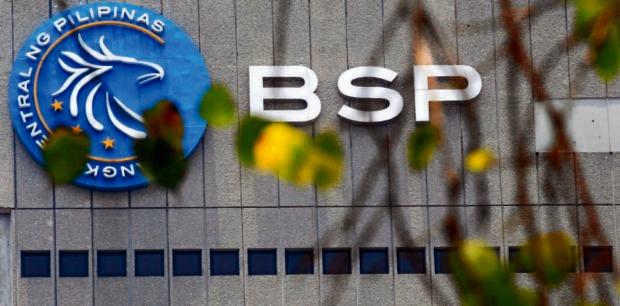BSP poised to raise rates by .75 ppt more
The Bangko Sentral ng Pilipinas (BSP) is expected to raise its key policy rate by an additional 0.75 percentage point (ppt) to bring it to 5 percent by the end of this year, as continuing hawkish moves by the US Federal Reserve undermine the Philippine peso, exacerbating domestic inflation woes.
Fitch Solutions in their latest country risk research on the Philippines said the BSP’s less aggressive path on monetary policy tightening is contributing to the sharp drop in the value of the peso against the US dollar, while inflation has yet to reach its peak.
The local currency has depreciated by 15 percent to 58.50:$1, losing 7.501 to the greenback since trading at 50.999:$1 at the end of 2021.
“So far, the BSP has continued to lag behind the US Fed’s tightening cycle, causing the peso to weaken substantially against the dollar,” Fitch Solutions said.
“If the BSP chooses to stand pat in subsequent meetings as the US Fed continues to hike, real interest rate differentials could widen in favor of the United States and trigger capital outflows, exacerbating downside volatility for the peso,” they added.
Data from the BSP show there was a 3-percent rise in the net inflow of Philippines-bound foreign direct investments during the first six months of the year, which reached $4.64 billion in 2022 from $4.5 billion in the same period of 2021.
Portfolio investments
During the same comparative periods, there were also net inflows of short-term foreign investments or “hot money,” pegged at $728 million in 2022. This was a turnaround from net outflows of $106 million in the first semester of 2021.
“The Philippine peso has also come under significant pressure as a result of tightening credit conditions globally,” Fitch Solutions said. “With the US Fed likely to hike by a further 75bps [basis points or 0.75 ppt] before end-2022, this will likely prompt the BSP to hike in tandem to safeguard external stability.”
Inflation that is likely to remain above the BSP’s target range of 2 to 4 percent is another big push for the central bank to tighten monetary policy further, mainly to anchor inflation expectations to the goal.
“We continue to expect it [inflation] to average 5.6 percent in 2022, versus the average of 5 percent in the January-August period,” Fitch Solutions said.
The company, in an earlier forecast, said the BSP’s policy rate—now at 4.25 percent from an all-time low of 2 percent in March—would end 2022 at 4.5 percent.
Fitch Solutions noted that, when announcing a 0.5-percent hike last week, the Monetary Board acknowledged the need for follow-through action to anchor inflation expectations and prevent additional price pressures from becoming further entrenched.
DBS Bank also said in a separate commentary the BSP would bring its policy rate to 5 percent by the end of this year —hiking by 0.5 ppt in November and 0.25 ppt in December.
“Inflation looks entrenched and the prospect of a higher terminal [or peak] rate from the US Fed would potentially weigh further on the peso, imparting inflationary impulses,” DBS said. INQ

